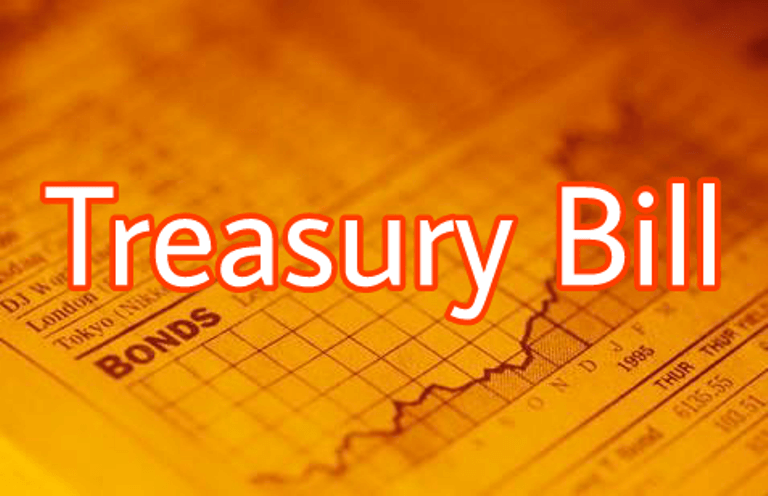The Ghanaian government’s efforts to raise funds through Treasury Bills (T-Bills) have encountered a persistent challenge: undersubscription. For five consecutive weeks, investor bids have fallen short of the government’s targets, raising concerns about market confidence and the sustainability of funding for government expenditures. This recurring shortfall signals a potential shift in investor sentiment, driven primarily by declining interest rates, which have eroded the attractiveness of T-Bills as an investment instrument.
The most recent auction further exemplifies this trend. The government aimed to borrow GH₵ 3.9 billion, a reduced target compared to the GH₵ 4.6 billion sought two weeks prior. However, investors submitted bids totaling only GH₵ 3.6 billion, resulting in a GH₵ 300 million shortfall, equivalent to a 7.7% undersubscription. The bulk of the bids were concentrated in the 91-Day bill, attracting GH₵ 2.9 billion, while the 182-Day and 364-Day bills garnered significantly less interest, receiving GH₵ 616.75 million and GH₵ 129.60 million, respectively. This distribution suggests a preference for short-term investments, potentially reflecting investor uncertainty about the longer-term economic outlook.
Despite the shortfall, the government adhered to its strategy of lowering interest rates and rejected a portion of the bids received. Out of the GH₵ 3.6 billion tendered, only GH₵ 3.3 billion was accepted, with GH₵ 217 million rejected. This rejection is attributed to the government’s unwillingness to accept bids with interest rates higher than its desired targets. This action underscores the government’s commitment to reducing borrowing costs, even at the expense of fully meeting its funding needs. This approach, however, raises questions about its long-term viability in the face of persistent undersubscription.
The interest rates on all T-Bill maturities continued their downward trend, albeit with minimal declines. The 91-Day bill saw its yield drop marginally from 14.6976% to 16.6938%. Similarly, the 182-Day bill yield decreased from 15.2540% to 15.2506%, and the 364-Day bill yield fell to 15.6564% from 15.6936%. These slight reductions appear insufficient to entice investors, especially given the prevailing inflationary environment and the availability of alternative investment options offering potentially higher returns.
The continued undersubscription, coupled with the declining interest rates, raises concerns about the government’s ability to finance its budget. With limited alternative funding sources, the government faces a challenging situation. Investors are increasingly shying away from T-Bills, perceiving their returns as inadequate in the current economic climate. This dwindling investor interest could potentially lead to a vicious cycle of further undersubscription and increasing pressure on government finances.
The government’s unwavering commitment to lowering interest rates, despite the persistent undersubscription, creates a complex dilemma. While lower interest rates can reduce the cost of borrowing, they also diminish the attractiveness of T-Bills to investors. The government’s challenge lies in finding a balance between managing its debt burden and attracting sufficient investor participation to meet its funding requirements. The upcoming auction, with a target of GH₵ 3.4 billion, will be a critical test of the government’s strategy and will be closely watched by market observers for signs of a turnaround or a continuation of the undersubscription trend. The outcome of this auction will have significant implications for the government’s fiscal position and its ability to fund essential expenditures.














